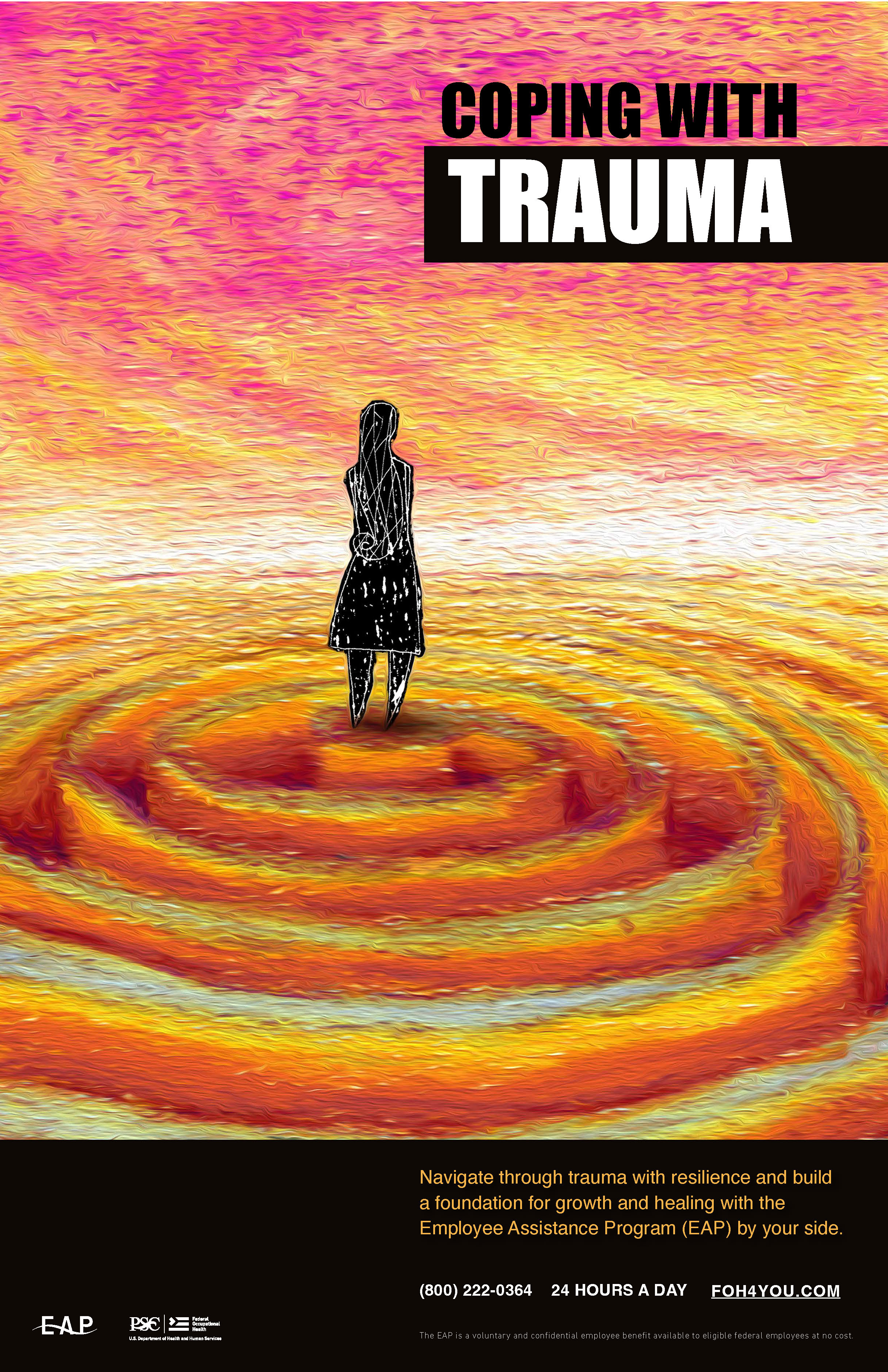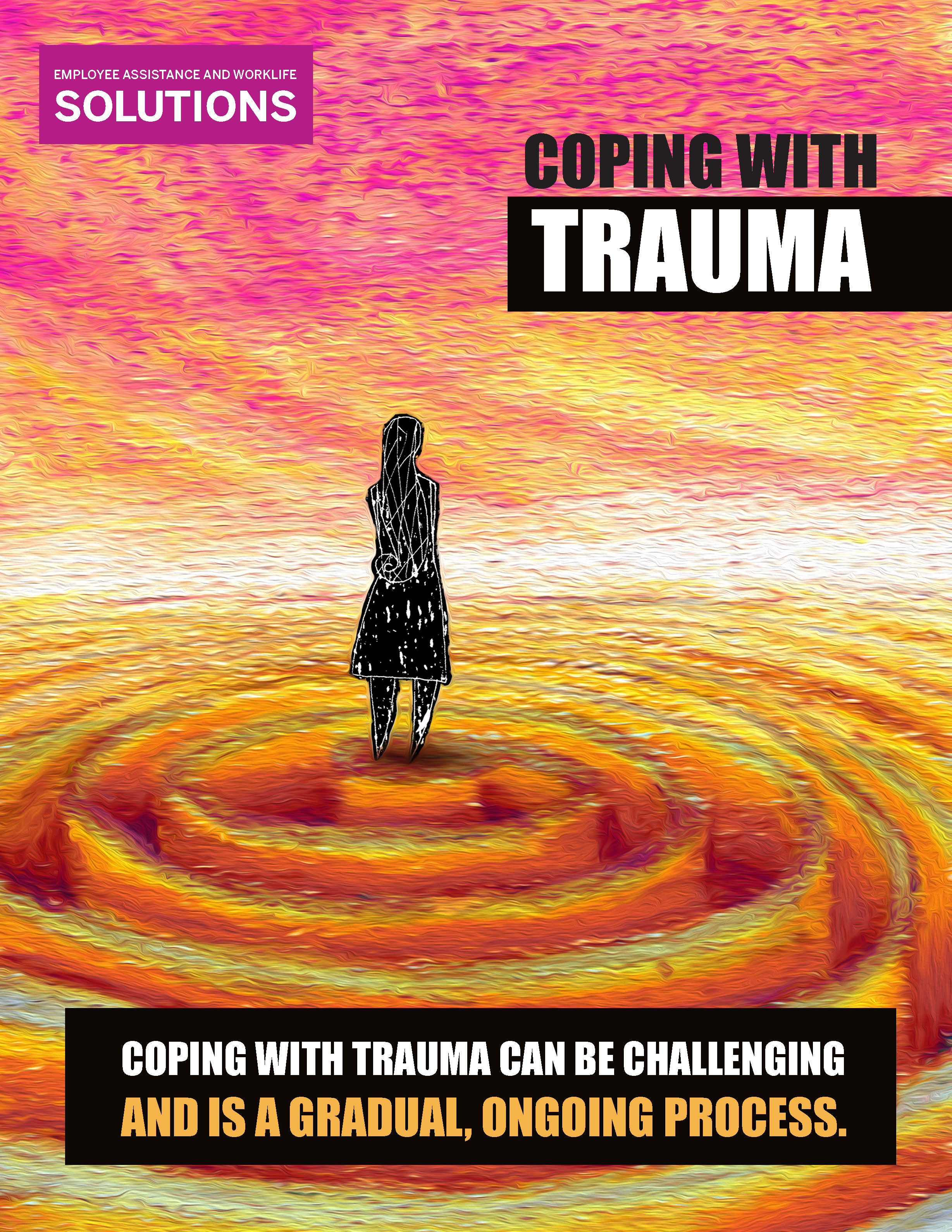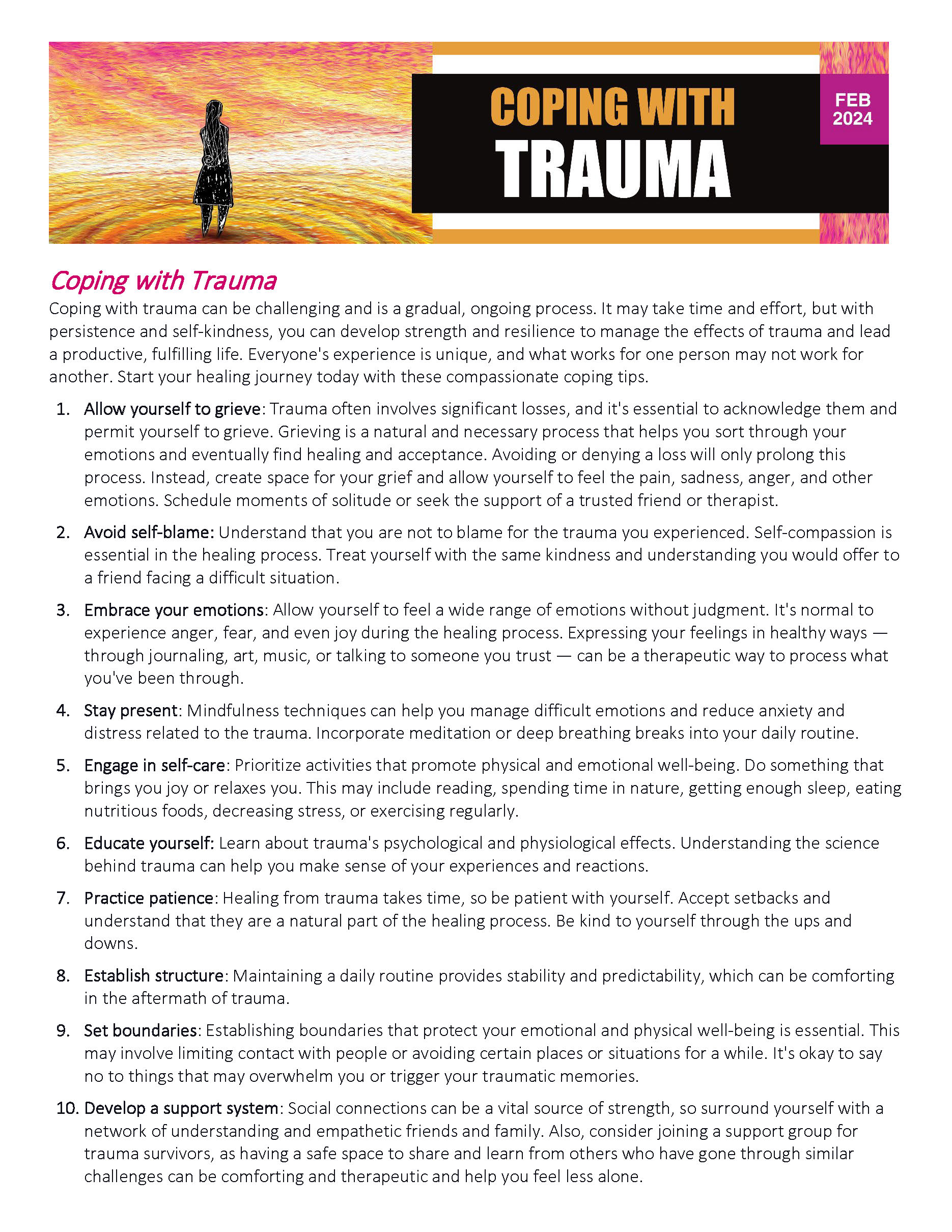Coping with Trauma

Coping with trauma can be challenging and is a gradual, ongoing process. It may take time and effort, but with persistence and self-kindness, you can develop strength and resilience to manage the effects of trauma and lead a productive, fulfilling life. Everyone's experience is unique, and what works for one person may not work for another. Start your healing journey today with these compassionate coping tips.
- Allow yourself to grieve: Trauma often involves significant losses, and it's essential to acknowledge them and permit yourself to grieve. Grieving is a natural and necessary process that helps you sort through your emotions and eventually find healing and acceptance. Avoiding or denying a loss will only prolong this process. Instead, create space for your grief and allow yourself to feel the pain, sadness, anger, and other emotions. Schedule moments of solitude or seek the support of a trusted friend or therapist.
- Avoid self-blame: Understand that you are not to blame for the trauma you experienced. Self-compassion is essential in the healing process. Treat yourself with the same kindness and understanding you would offer to a friend facing a difficult situation.
- Embrace your emotions: Allow yourself to feel a wide range of emotions without judgment. It's normal to experience anger, fear, and even joy during the healing process. Expressing your feelings in healthy ways — through journaling, art, music, or talking to someone you trust — can be a therapeutic way to process what you've been through.
- Stay present: Mindfulness techniques can help you manage difficult emotions and reduce anxiety and distress related to the trauma. Incorporate meditation or deep breathing breaks into your daily routine.
- Engage in self-care: Prioritize activities that promote physical and emotional well-being. Do something that brings you joy or relaxes you. This may include reading, spending time in nature, getting enough sleep, eating nutritious foods, decreasing stress, or exercising regularly.
- Educate yourself: Learn about trauma's psychological and physiological effects. Understanding the science behind trauma can help you make sense of your experiences and reactions.
- Practice patience: Healing from trauma takes time, so be patient with yourself. Accept setbacks and understand that they are a natural part of the healing process. Be kind to yourself through the ups and downs.
- Establish structure: Maintaining a daily routine provides stability and predictability, which can be comforting in the aftermath of trauma.
- Set boundaries: Establishing boundaries that protect your emotional and physical well-being is essential. This may involve limiting contact with people or avoiding certain places or situations for a while. It's okay to say no to things that may overwhelm you or trigger your traumatic memories.
- Develop a support system: Social connections can be a vital source of strength, so surround yourself with a network of understanding and empathetic friends and family. Also, consider joining a support group for trauma survivors, as having a safe space to share and learn from others who have gone through similar challenges can be comforting and therapeutic and help you feel less alone.
- Cultivate gratitude: Focus on the positive aspects of your life and practice gratitude regularly. This can help shift your perspective and increase resilience.
- Look for meaning and purpose: Reflect on the trauma and its impact on your life. Strive to find your strengths that helped you get through it or a new-found sense of purpose from your experience.
- Get professional help: There is no one-size-fits-all approach to coping with trauma, and you don't have to go through it alone. It's okay to seek help and try different strategies until you find what works best. If needed, professional guidance from a therapist or counselor who specializes in trauma can be instrumental in this process and provide you with tools and strategies to cope. Licensed counselors are available 24/7 through your Employee Assistance Program (EAP), so reach out any time for additional support and resources.
Download the Campaign
|
Licensed counselors are available 24/7 through your Employee Assistance Program (EAP), so reach out any time for additional support and resources. 24 HOURS A DAY
The EAP is a voluntary and confidential employee benefit available to eligible federal employees at no cost. |





